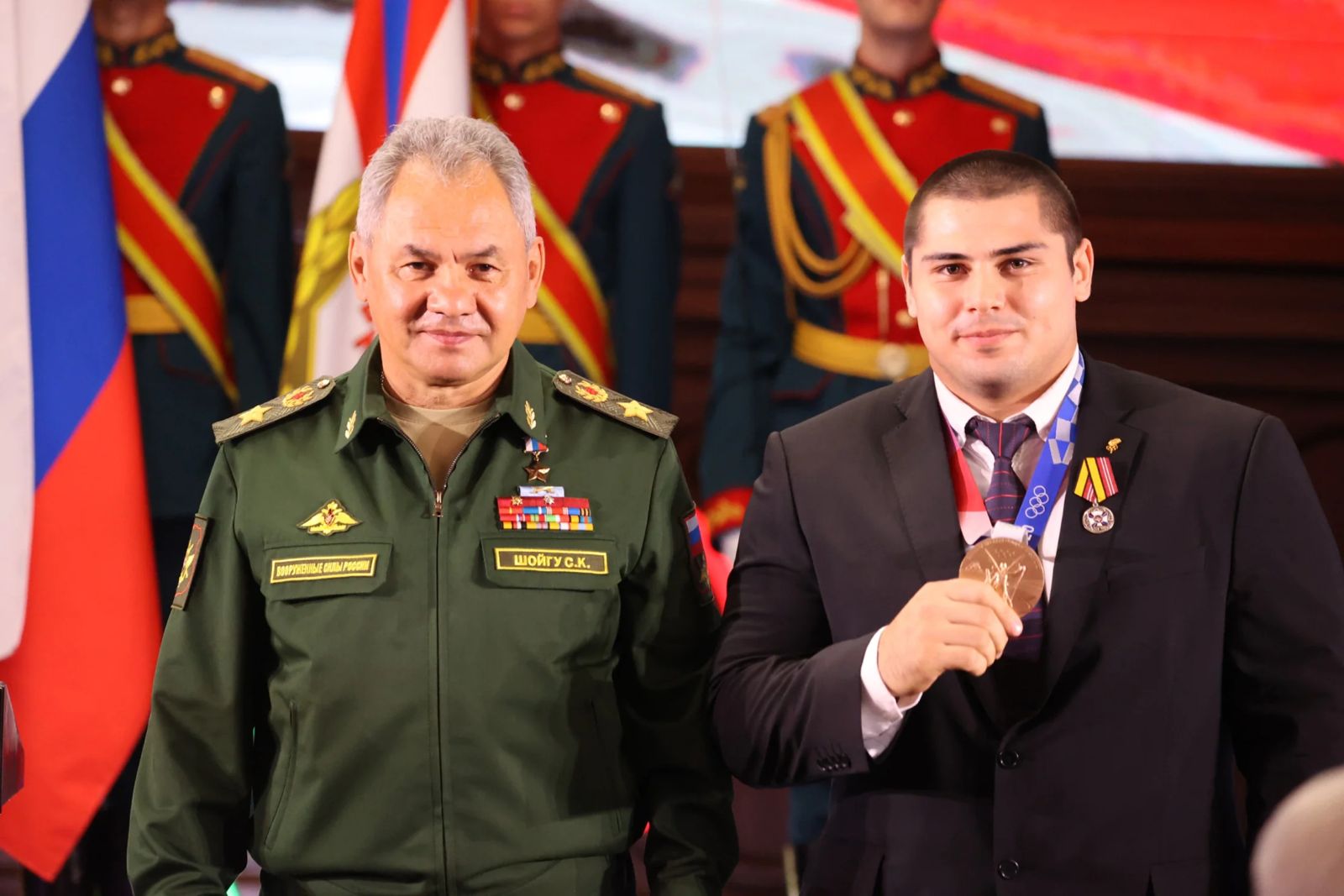Tamerlan Bashaev
Tamerlan Bashaev, a Russian judo athlete contracted by the Armed forces of Russia, is facing widespread condemnation for his affiliation with the defense structures during Russia's cruel war against Ukraine. The revelation of his involvement in the military has ignited a fierce debate, with many questioning the ethics of allowing athletes with such connections to participate in international judo competitions.
Critics argue that Bashaev's association with the defense structures during a violent war should disqualify him from representing his country on the global sporting stage. The demand for accountability and fair play is at the forefront of the outcry, as the sporting community grapples with the implications of allowing athletes with military affiliations to compete in international events.
As the controversy rages on, there is an urgent call for sports and politics to remain separate, particularly during times of humanitarian crises and global unrest. The condemnation of athletes like Bashaev underscores the pressing need for transparency and integrity in sports, free from any ties to violent military actions. The spotlight on this issue sheds light on the complex relationship between sports and politics in Russia, demanding a thorough examination of the responsibilities and moral considerations of athletes in the international arena.
